This story is part of our Rainbow Rewind 2019 series—looking back at the past year and decade in politics, health, culture and more.
Could 2019 have been the queerest year in pop culture? Cheekily dubbed “20BiTeen” by internet teens, the past 12 months saw the rise of queer, non-binary and trans icons in music, film, TV and literature—and some in the most unlikely of places (howdy, country music). As the year comes to a close, here are eight of the most memorable moments in LGBTQ pop culture in 2019.
Country music: Queered
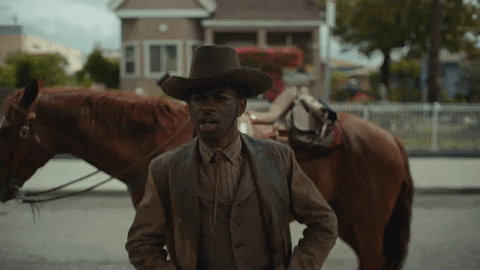
For the launch of the supergroup The Highwomen, queer country star Brandi Carlile rounded-up one hell of a posse. In addition to releasing an album crammed with feminist anthems, the band doubled-down with a gay country love song, “If She Ever Leaves Me,” an ode to a hard-to-get woman.
But no song was bigger than “Old Town Road,” a country-trap single by virality virtuoso Lil Nas X, who came out during Pride while in his third month at the top of the charts. Almost as remarkable: His runaway horse of a hit foaled the only wholesome sing-along to ever include the lyrics “Riding’ in a tractor/ Lean all in my bladder/ Cheated on my baby.” And here at home, masked crooner Orville Peck rode his debut album Pony onto the Polaris Prize long list, the cover of British GQ Style and the playlists of everyone from Brooklyn hipsters to midwestern grandmas.
Nineteenth-century lesbians were appointment viewing
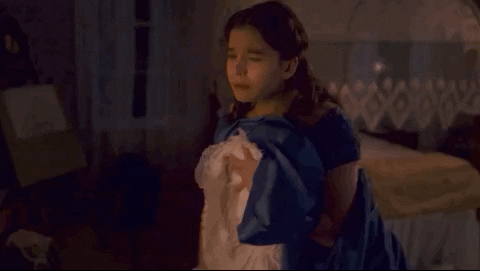
Gentleman Jack’s Ann/es—entrepreneur Anne Lister and her sweetheart, the heiress Ann Walker—were the dashing and dainty hearts at the centre of the latest hit period drama from Britain. Based on coded entries from the real-life Lister’s diaries, Season 1 proved snubbing convention can indeed result in a happy ending—and boost tourism, as evidenced by the crush of queer women that descended upon Lister’s family home this past summer.
Set on the other side of the pond, the anachronistic, critical darling Dickinson was a high-spirited portrait of the poet as a young woman (enamoured of her brother’s fiancée). In an irrepressible, extremely GIF-able performance by Hailee Steinfeld, we were gifted a baby-dyke baby-goth Emily for the ages.
Sam Smith and Jonathan Van Ness came out as non-binary
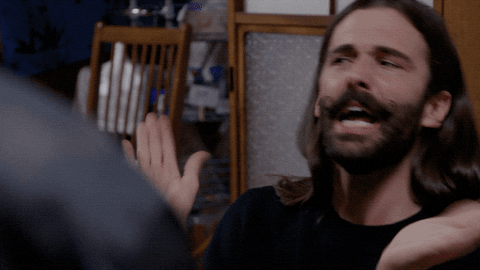
Doing their part to further queer the mainstream, pop singer Sam Smith and Queer Eye grooming expert Jonathan Van Ness told the world, in separate interviews, that they are non-binary. After a “lifetime of being at war with my gender” (Smith) and identifying as a gay man “because that’s just the label I thought I had to be” (Van Ness), the pair spoke openly about their gender identity, pronouns and feeling free—opening the door for others to have similar conversations down the line.
Two queer TV favourites said goodbye
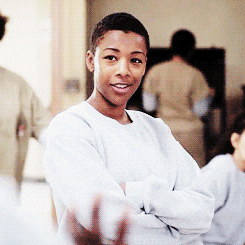
Many viewers checked out of Litchfield in 2017, during the wildly ambitious—but often unwatchable—“prison riot” fifth season of Orange is the New Black. But it must be acknowledged that with the end of OITNB came the end of a ground-breaking series that used comedy and drama to address issues related to gender, sexuality, race and class. It also gave us one of the purest characters to ever grace television (RIP, most sweet Poussey).
Far less controversial was the sweet and peculiar Schitt’s Creek, which wrapped filming on its final season earlier this year (it will air in 2020). The comedy was remarkable in its determination to create a small-town universe where a pansexual hipster can find love and an absurd diva with a transatlantic accent (gay icon!) can find friends. In the words of showrunner Dan Levy, Schitt’s Creek has been “a safe space in a dark time.”
A trans Indigenous poet rose above
On the morning of Oct. 29, Gwen Benaway won the Governor General’s Literary Award for Holy Wild, a confessional collection of poetry written in English and Anishinaabemowin that explores the intersections of gender, sex, violence, colonialism, trauma and love. But rather than celebrate her accomplishment, Benaway spent that night at a protest opposing the Toronto Public Library’s decision to green-light an event featuring anti-trans writer Meghan Murphy.
“We are valuable members of Toronto,” Benaway proclaimed to the crowd gathered outside the library’s Palmerston branch—saying what should never have needed to be said in the first place.
Queer Asian actors saved the day
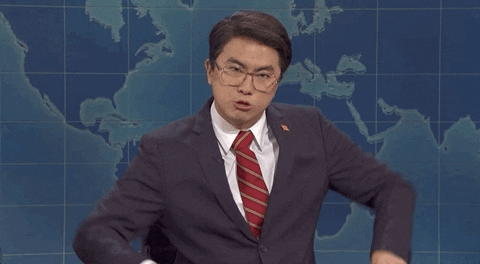
At only 21 years old, genderqueer, multi-hyphenate Chella Man already has a career as an artist, activist and model. This year, he added actor to the list, appearing in the second season of DC’s digital series Titans. As mute crime fighter Jericho, he kicked ass while signing, something Chella Man—who is deaf and champions characters with disabilities being played by actors with disabilities—knows all about.
Meanwhile, live from New York, an unlikely superhero was being forged from someone else’s idiocy. When out-comedian Bowen Yang became Saturday Night Live’s first Chinese-American cast member, the chatter should have been about the quality of his sketches. (Recent case in point: A “Weekend Update” segment featuring a Chinese trade representative and Lizzo-loving scene stealer named Chen Biao.) Instead, Yang was forced to share the spotlight with hate-spewing fellow hire Shane Gillis (who was fired before ever appearing on-air), displaying superhuman patience in the process.
Lena interviewed Robyn about Whitney
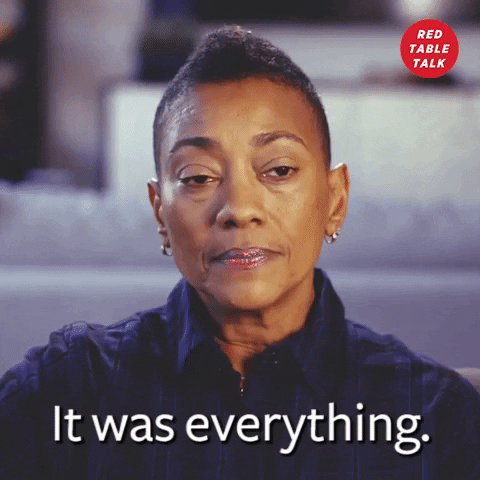
This year, Lena Waithe’s name was most often tied to Queen and Slim, the much-anticipated romantic drama for which she wrote the screenplay. But two other queens loomed large: Alana Mayo, her long-time partner whom she married in San Francisco in front of Harvey Milk’s statue, and Robyn Crawford.
In the memoir A Song for You, Crawford, Whitney Houston’s former creative director, finally opened up about the 20-year friendship and long-rumoured romance that shaped her life. Her book is much more than a salacious tell-all about a pop star’s sexuality—the pair met as teenagers and fell for each other almost instantly. Crawford writes: “We never talked labels, like lesbian or gay. We just lived our lives, and I hoped it could go on that way forever.” It didn’t, of course: Houston broke off their sexual relationship when she signed a contract with Clive Davis, saying, “If they found out, they’d use it against us.” In a sensitive interview with Crawford for O The Oprah Magazine, Waithe encourages the author—whose devotion to Houston never wavered—to continue telling her story her way.
Queer memoirs were particularly memorable
Each new year brings a new batch of memoirs to sift through, but rarely can so much of it be billed as essential reading. To name just a few of 2019’s top picks: Carmen Maria Machado’s In the Dream House (which tackles intimate partner violence), Saeed Jones’ How We Fight for Our Lives (focusing on racism), T Kira Madden’s Long Live the Tribe of Fatherless Girls (about addiction and racism) and Vivek Shraya and Ness Lee’s Death Threat (detailing online harassment). And as novelist Casey Plett pointed out last month, trans memoirs are having a moment, moving beyond the “hero’s journey” mould toward something far more varied and interesting.
While fear and grief were a part of all of these authors’ stories, resistance and resilience were at their core; these queers will be heard. Because, as Muslim writer Samra Habib put it in the title of her compelling memoir, “we have always been here.”

For more culture coverage every week, subscribe to Xtra Weekly—your dose of world news, culture, longreads and more delivered straight to your inbox.

This story is part of our Rainbow Rewind 2019 series—looking back at the past year and decade in politics, health, culture and more.
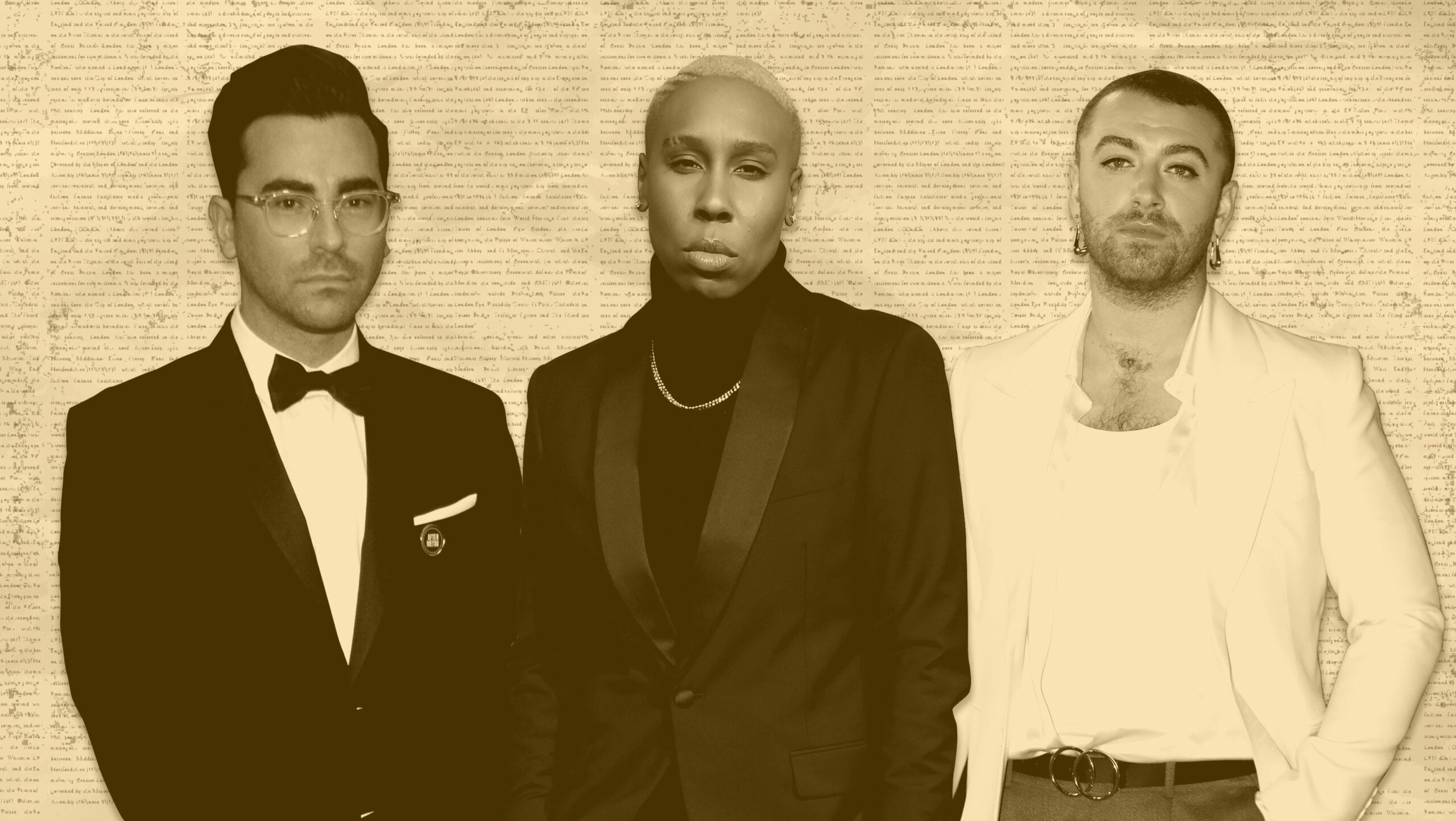

 Why you can trust Xtra
Why you can trust Xtra


